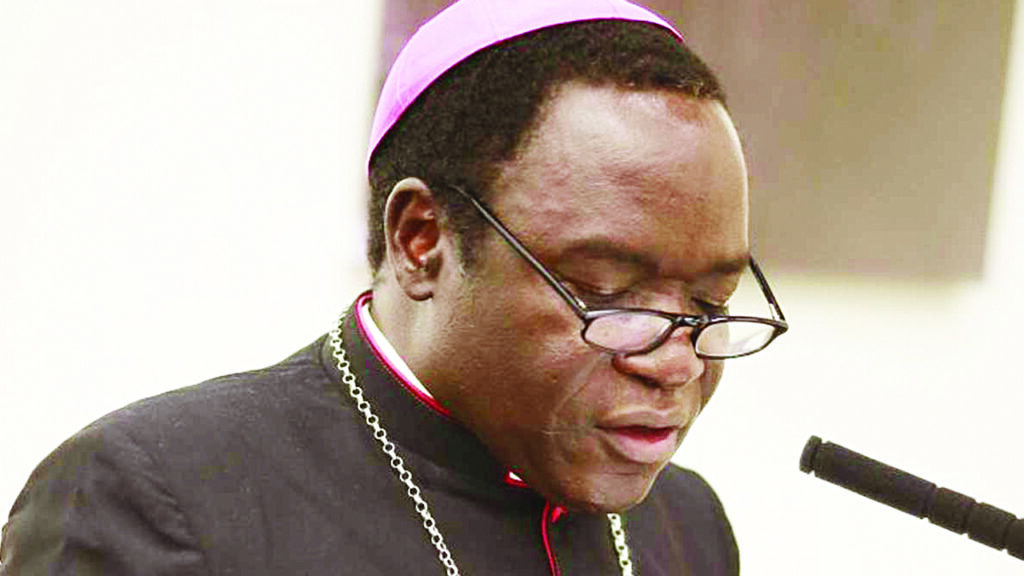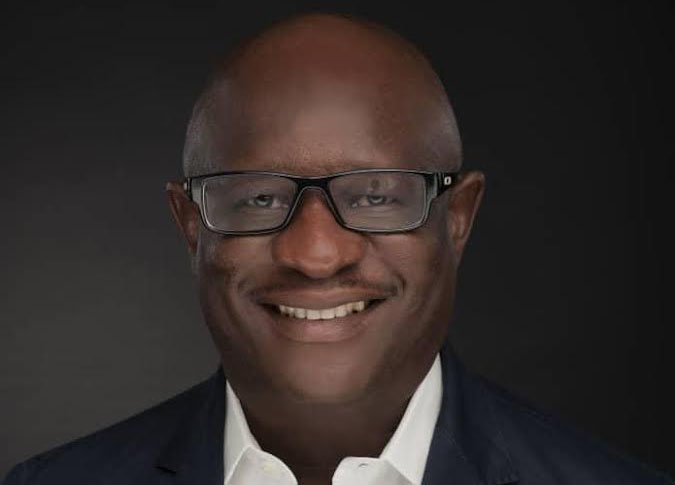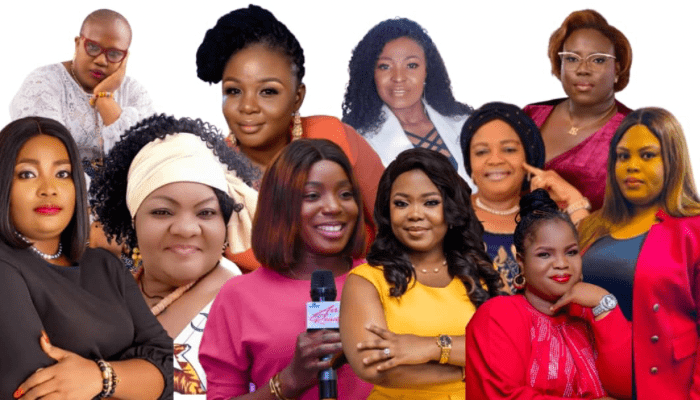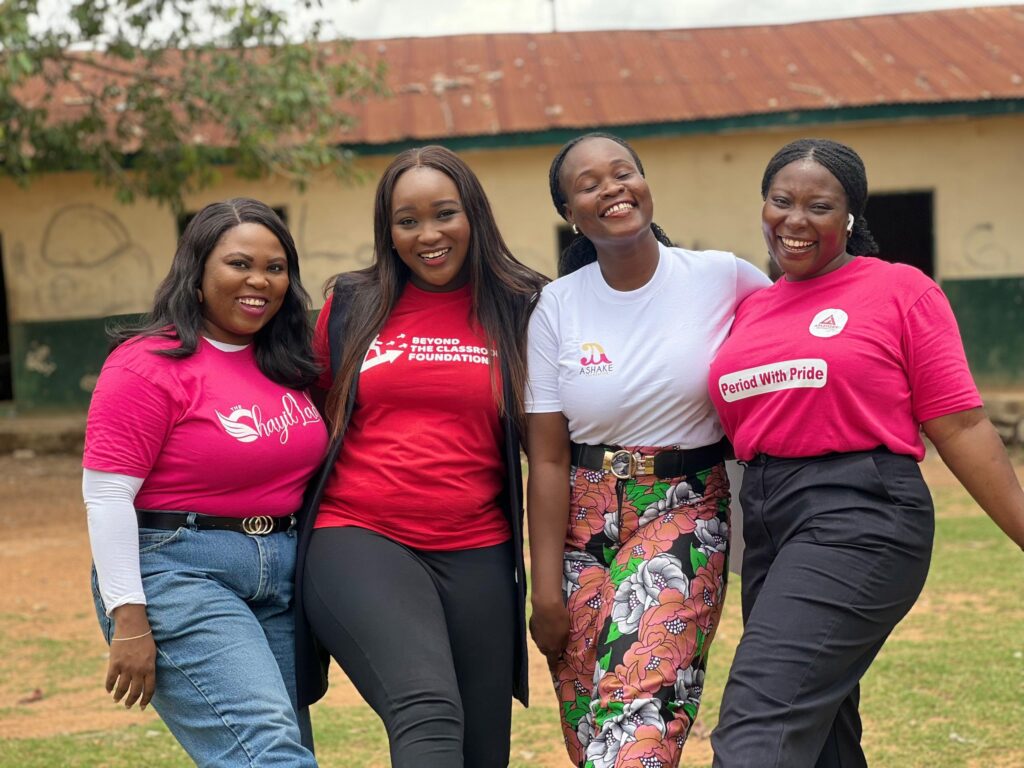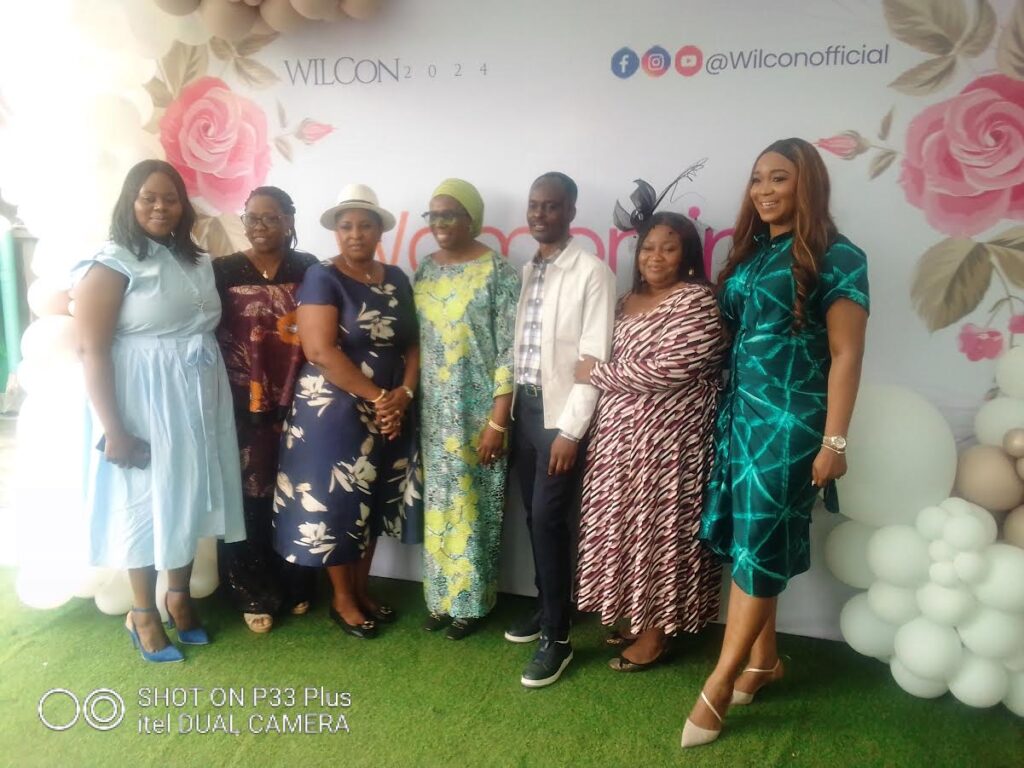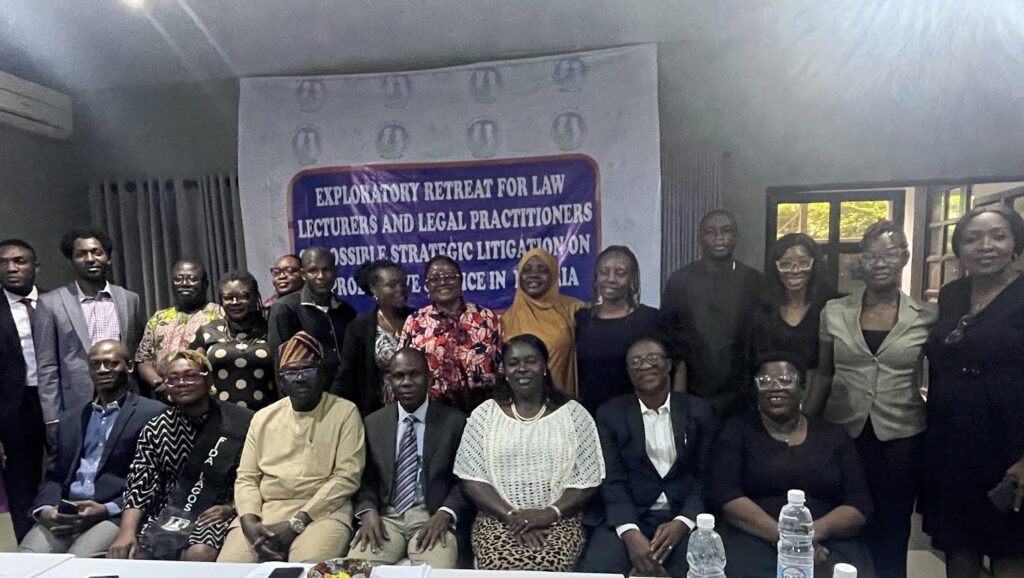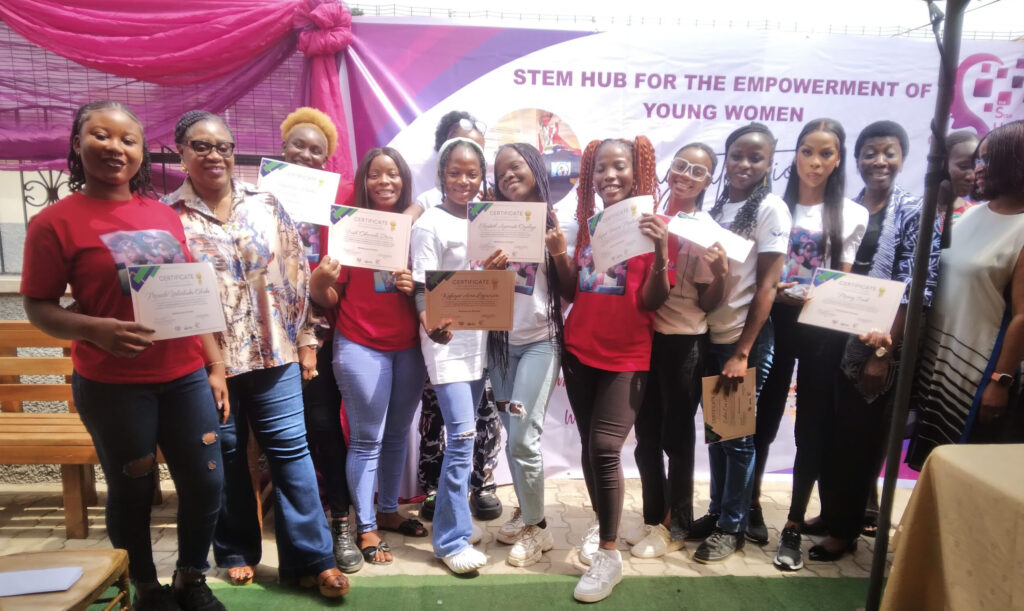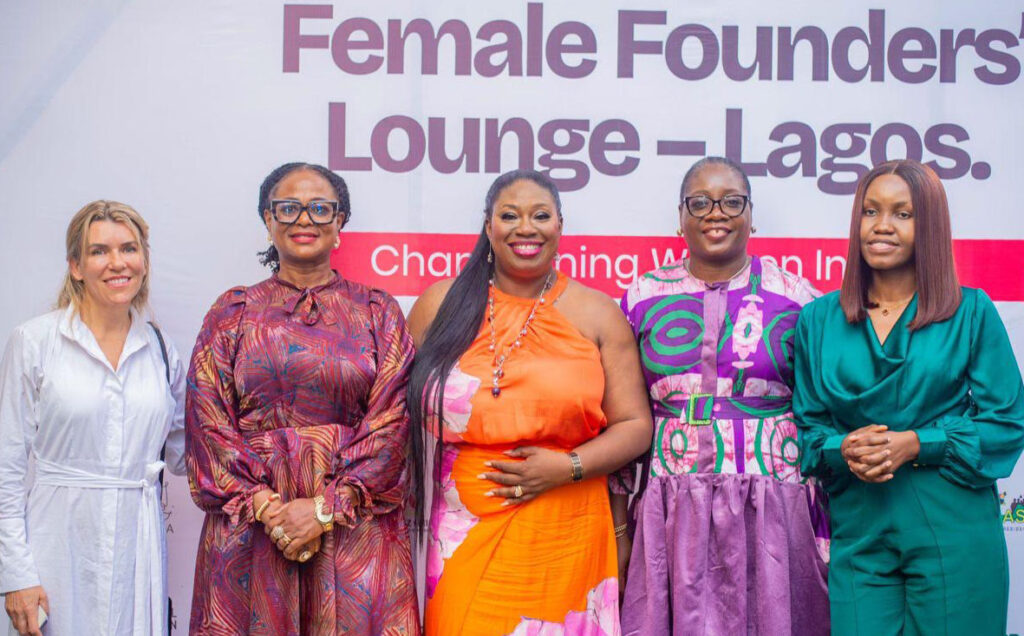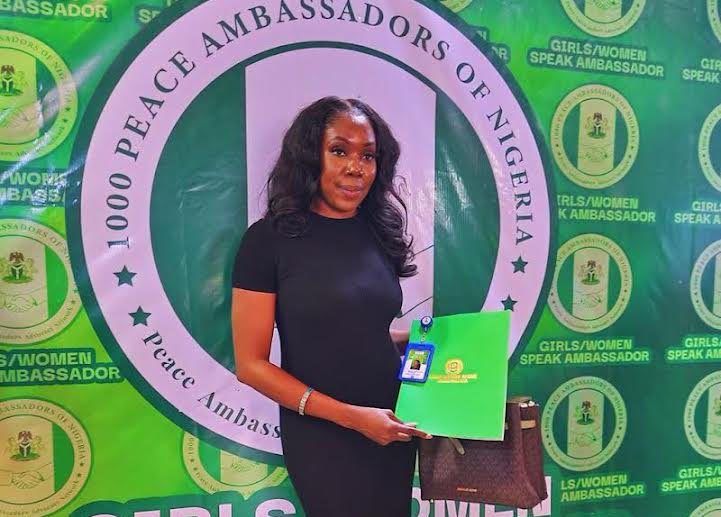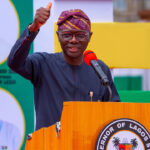
Participants at a stakeholders’ dialogue organized by The Kukah Centre (TKC), with support from the MacArthur Foundation have stressed the need for social cohesion in Lagos through shared identity, cultural integration, social inclusion, trust and respect.
With the theme: “Exploring the Solutions & Roles of Stakeholders in Strengthening Social Cohesion in Lagos State,” the participants also identified responsive leadership, civic engagement and inclusive and sustainable government policies as contributors to social cohesion in the state.
In her speech, Project Manager, TKC Asabe Ndahi observed that in the last presidential and governorship elections in Lagos, different variables such as ethnic and religious differences, played out which created social disharmony.
Saying social cohesion can be defined as quality of relationships and the existence of trust, mutual obligations, and respect in a community she however, added, the definition of social cohesion can evolve over time, and it will likely mean something different to different people.
To her, “when trying to define social cohesion, it is often helpful to think about what it is not. Social cohesion is not imposing narrative upon people. It is not forgetting to consider how your actions now have an impact on people before and after you.”
Specifically, she disclosed, “the primary objective of the conversation is to establish a platform for robust and frank discussions regarding the factors contributing to social disharmony, the imperative for social cohesion, and the roles of stakeholders in strengthening social cohesion in Lagos State.”
Describing Lagos as a vibrant tapestry interwoven by diverse cultures, Ndahi added, “we believe if Lagos can get it right, then Nigeria can get it right. Over the years, the spirit of social cohesion shines brightly. From its bustling streets to lively markets; the city thrives on unity in diversity.”
In his presentation, Festus Ojewunmi, who spoke on: “Drivers of Social Disharmony: Context and Conflict Analysis of 2023 general elections in Lagos State” defined social disharmony as lack of agreement about important things, which causes bad feelings between people or groups of people.
He further identified drivers of social disharmony as identity politics, where there is the tendency for people of a particular religion, ethnic group, social background to form exclusive political alliances, moving away from traditional broad-based party politics.
Other drivers of social disharmony, he explained, include: Manipulation of grassroots populace; focusing on ethnic identity; unpatriotic leaders and bad governance.
He recalled, “few days prior to the election, news surfaced suggesting that certain leaders were attempting to induce fear amongst the populace through various means.”
In addition, he noted, there were increase in election violence which was presumed to have been orchestrated by youths who were political thugs in Lagos, leading to high level intimidation of political opponents.
During the dialogue session, the stakeholders developed several measures in addressing social disharmony which 2023 general election brought to Lagos and Nigeria at large, thereby charting a course towards the healing process.
In his speech, Director, Directorate of Politics and Governance Pentecostal Fellowship of Nigeria (PFN) Theophilus Taiwo Ajose, stressed the need for religious leaders to reduce over involvement in partisan politics. Saying youths and women must be actively involved in politics, he also advocated re- orientation concerning use of the social media.
Speaking in a similar vein, Lagos State Secretary of the All Progressives Congress (APC) Adeola Muyideen Jokomba said election should not be a do or die affair. He suggested, “we need peace and harmony where we will respect one another’s values and cultures. Religious leaders must not preach hate speech. They should preach that politics is not do-or-die affair. There is also need for legislation so that religious leaders can stay within what they are expected to preach. We need to tell the leaders what the rules of engagements are. We need to tell public office holders that if they are seeking political office, and they go outside the law, there are consequences. Maybe if we start imposing the consequences, we can get to somewhere better.” He also said some public offices, like the legislative arm should be made on part time basis.
Representative of the Peoples Democratic Party (PDP) also observed there was high intimidation in the last also election in Lagos. He stressed the need to change the narrative by ensuring fairness during elections.
Chairman Inter-Party Advisory Council (IPAC) Lagos, Mobolaji Olusegun said there is need for electorates to understand what democracy is. “We need more education on the part of the electorate. “Many people don’t understand the importance of elections. They need to interrogate who their leader is, if they are the type that really wants them to grow. There is need for a programme like this that will help us reach out to the electorates and the leaders that the role of leadership is not for you to lord yourself over the electorates.” The chairman stated.
Representative of the Federation of Informal Workers Organizations of Nigeria (FIWON) noted democracy has been reduced to elections only, forgetting that democracy revolves around social justice which has to do with the benefits that people tend to derive from democracy.
He argued, “election is just one aspect of democracy. When you reduce democracy to elections only, there tends to the violence. Our democracy is also expensive and it allows people abandon their jobs and start looking for short cuts to wealth. There is need to improve the living standards of the people, then they can get social protection.
Founded by Bishop of the Catholic Diocese of Sokoto, Most Rev. Matthew Hassan Kukah, TKC is a Nigerian based policy research institute, with a vision to aspire towards the attainment of a more humane, democratic and free society, where citizens can live in real and true freedom unencumbered by any structures of exclusion on the basis of ethnic, religious, social status, economic or gender.
According to Kukah, the centre is evolving into a school of governance. “This will enable us to step up both the volume, quality and target our engagement with the government at all levels, civil society groups and the academia. We want to deliberately serve as a rallying ground for public intellectuals to become major players in shaping and articulating public policy processes. We aspire to serve as the leading think tank, helping to shape and provide policy options for the delivery of public goods. We are determined and passionate, committed to repositioning and helping Nigeria turn the corner in a deliberately planned manner. Nigeria must be driven by fresh ideas from our intellectuals at home and abroad.” He stated.

